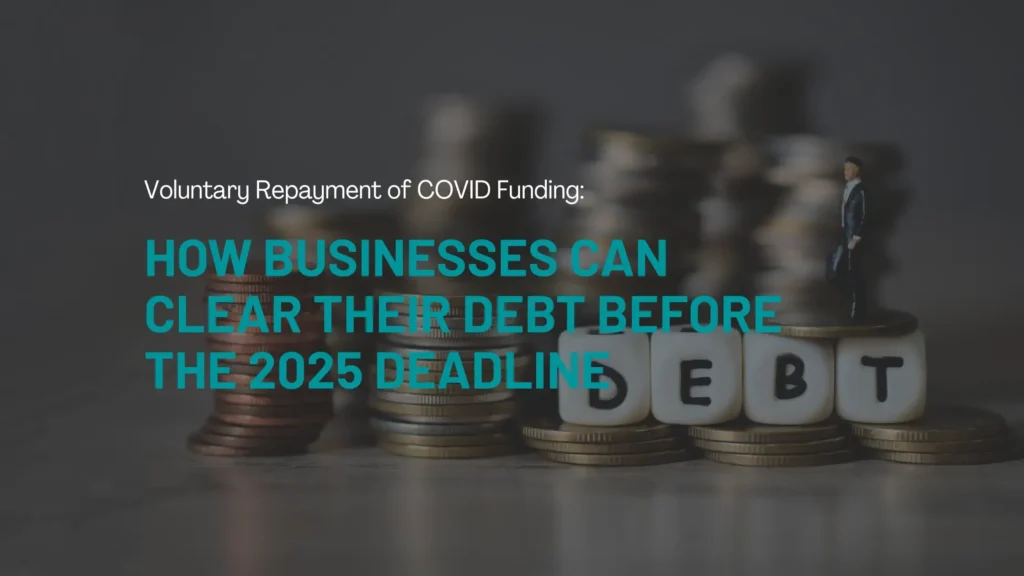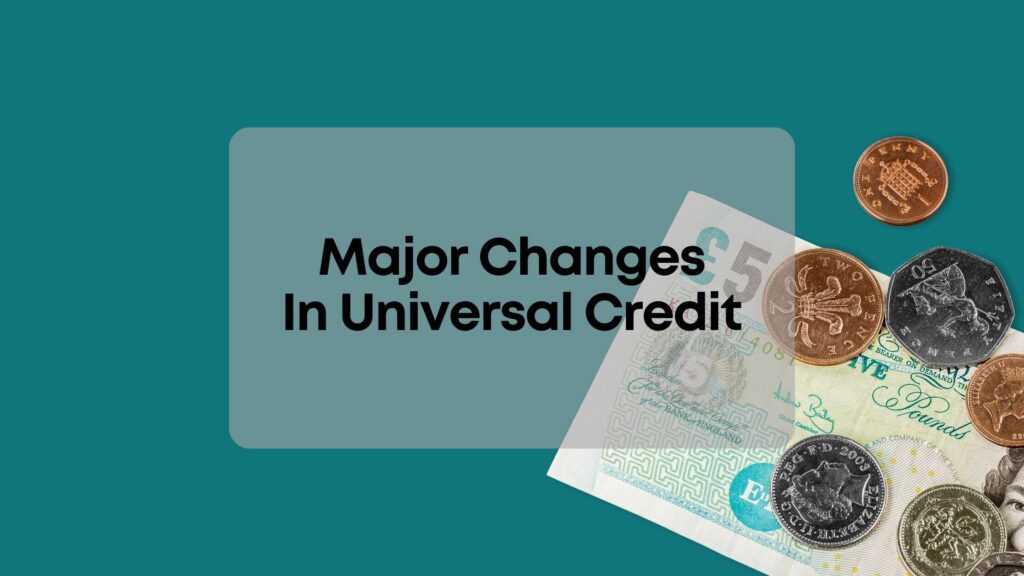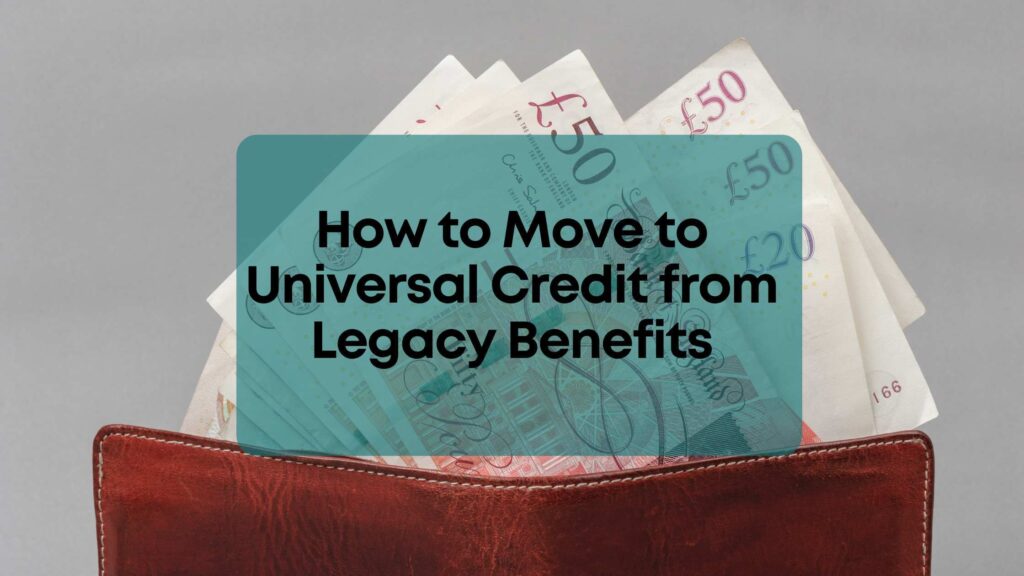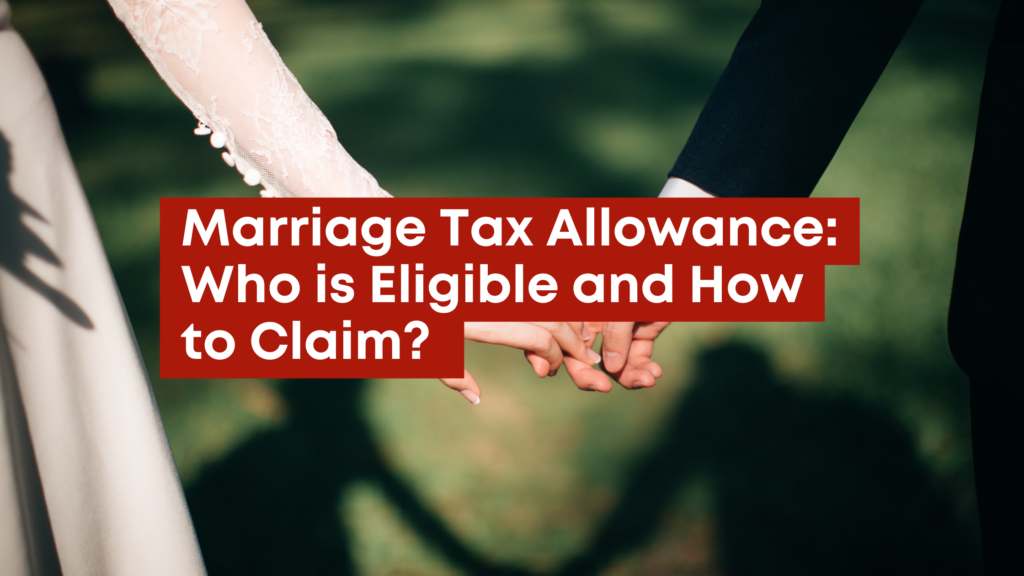The UK Government’s Voluntary Repayment Scheme allows businesses and individuals to repay any COVID-19 support they weren’t entitled to or no longer need, including loans, grants, and furlough payments. The repayment window is open until December 2025, with no penalties for acting early. Repaying helps protect public funds, avoid legal action, and maintain your business reputation.
Each support scheme has its own repayment process. Some repayments must be made through your lender (e.g., loans), while others are handled through official HMRC portals (e.g., grants or furlough). You’ll usually need to provide details such as the scheme name, dates, and repayment amount.
Understanding the Scope of the Scheme
The repayment window is open until December 2025. During this time, businesses and individuals can repay money voluntarily, with no penalties for acting early. Paying back promptly protects your business and demonstrates responsibility.
However, it’s important to note that while voluntary repayment is available, HMRC reserves the right to investigate any suspected fraud or misuse of COVID-19 support schemes. Repaying what you owe early may reduce the risk of penalties, legal action, and reputational damage if irregularities are found later.
Deadline for Repayment
A construction company must register for VAT if its taxable turnover exceeds the VAT threshold, currently £90,000 in any 12-month rolling period. Voluntary registration is also an option for companies below this threshold, especially if they frequently incur VAT on expenses and want to reclaim it.
Why Early COVID Repayment Matters
If you don’t repay overclaimed funds, you could face:
- Legal problems like criminal charges or court action
- Director bans that stop you running a business for up to 15 years
- Financial penalties and interest on overdue money
- Damage to your reputation, including loss of trust and bad publicity
Repaying early shows you are responsible and avoids future problems.
What COVID Loans and Grants Can Be Repaid
The scheme covers a wide range of COVID-19 support:
- Bounce Back Loan Scheme (BBLS): For small businesses that borrowed more than they were allowed.
- Coronavirus Business Interruption Loan Scheme (CBILS): For larger loans where the business didn’t fully meet eligibility.
- Self-Employment Income Support Scheme (SEISS): For self-employed workers who claimed too much or weren’t eligible.
- Coronavirus Job Retention Scheme (CJRS): For employers who overclaimed furlough payments.
- Other grants: Local council or sector-specific grants claimed in error or in excess
Who Can Repay
- Businesses of all sizes that received COVID loans, grants, or wage support
- Self-employed individuals who received SEISS or other assistance
- Employers who received CJRS furlough support but were ineligible or overpaid
If you claimed more than you were entitled to or don’t need the money anymore, you can make a voluntary repayment.
How to Repay the Funds
- BBLS and CBILS: Contact your bank or lender directly to arrange repayment.
- SEISS and CJRS: Use the official HMRC portal. Steps:
- Log in to your account
- Generate a payment reference number
- Pay using a debit card, credit card, or bank transfer
- Other grants: Contact the department that issued the funds, such as HMRC or the Department for Business & Trade, for instructions.
Information you’ll need:
- Scheme name (BBLS, CBILS, SEISS, CJRS, or other grants)
- Date or period funds were received
- Lender or issuing body details (if applicable)
- Amount to repay
Consequences of Not Repaying
Failing to repay COVID-19 funds is not just a financial oversight , it can lead to long term damage for both individuals and businesses.
- Legal Consequences: Authorities can pursue criminal charges for fraud, take you to court for recovery, and impose director disqualification orders lasting up to 15 years. In some cases, offenders have even faced prison sentences.
- Financial Consequences: Non-repayment can result in penalty interest, late payment fines, and debt collection fees. It may also severely damage your credit rating, making it harder to secure loans, mortgages, or future business funding.
- Reputational Consequences: Beyond the legal and financial fallout, there’s the risk of public exposure. Losing the trust of customers, suppliers, and stakeholders can harm long-term business relationships. Cases of misuse are often reported in the media, leading to lasting reputational damage..
Real-World Cases of COVID Loan Misuse
Anna Daroy – Globepoint Associates
According to a GOV.UK Anna Daroy, a former business leader, took out two £50,000 Bounce Back Loans instead of one. Her company later went into liquidation, and she has been banned from serving as a director for 11 years. This case was also covered by Reuters.
Muneef Ihsan – Multiple Companies
As reported by AccountingWEB, Muneef Ihsan set up three companies to fraudulently claim £150,000 in Bounce Back Loans. The businesses were dormant, and some of the money was spent personally. He has been disqualified as a director for 13 years, while an associate received a 6-year ban. This case was also detailed by Bretts Business Recovery.
Key Lessons
- Misrepresenting income or business activity to secure loans is extremely risky.
- Using business loan funds for personal spending is against the law.
- Authorities are actively investigating cases, enforcing bans, and recovering funds.
The Impact of COVID Fund Repayment on Public Resources
The misuse of COVID support schemes has left a significant mark on public finances. According to government and audit reports, more than £10 billion in public funds may have been lost to fraudulent or incorrect claims across pandemic schemes. These resources were originally intended to support essential services such as the NHS, schools, and local councils sectors that millions of people rely on every day.
As of September 2024, around £1.54 billion has been recovered, but this is only a fraction of what is needed to restore vital services. Every repayment, whether from businesses or individuals, helps ease the burden on taxpayers and directs money back into the public sector where it belongs.
Beyond the immediate recovery, the government’s repayment drive also serves a broader economic purpose. Reclaiming misused funds keeps the economy stable, makes sure support reaches the right places, and helps protect jobs, strengthen communities, and drive long-term growth.
Take Action Now Before It’s Too Late
The repayment window closes in December 2025, and taking action early can help you avoid penalties or potential legal issues. Start by checking whether your business or personal claim was overpaid or is no longer needed. Reach out to your bank, HMRC, or the relevant issuing department to arrange repayment. It’s also wise to consult an accountant or legal advisor to ensure the process is handled correctly.
Disclaimer: This article is for informational purposes only and does not constitute legal or financial advice. Please consult a qualified advisor for guidance specific to your situation.





